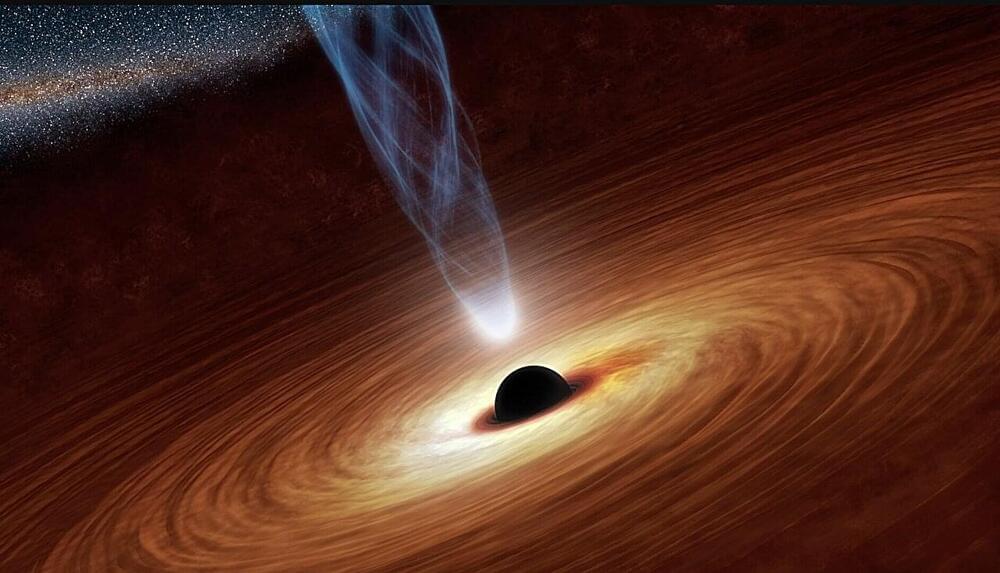Black holes are regions in space characterized by extremely strong gravity, which prevents all matter and electromagnetic waves from escaping it. These fascinating cosmic bodies have been the focus of countless research studies, yet their intricate physical nuances are yet to be fully uncovered.
Researchers at University of California–Santa Barbara, University of Warsaw and University of Cambridge recently carried out a theoretical study focusing on a class of black holes known as extremal Kerr black holes, which are uncharged stationary black holes with a coinciding inner and outer horizon. Their paper, published in Physical Review Letters, shows that these black holes’ unique characteristics could make them ideal “amplifiers” of new, unknown physics.
“This research has its origin in a previous project started during my visit to UC Santa Barbara,” Maciej Kolanowski, one of the researchers who carried out the study, told Phys.org. “I started discussing very cold (so called, extremal) black holes with Gary Horowitz (UCSB) and Jorge Santos (at Cambridge). Soon we realized that in fact, generic extremal black holes look very different than it was previously believed.”
